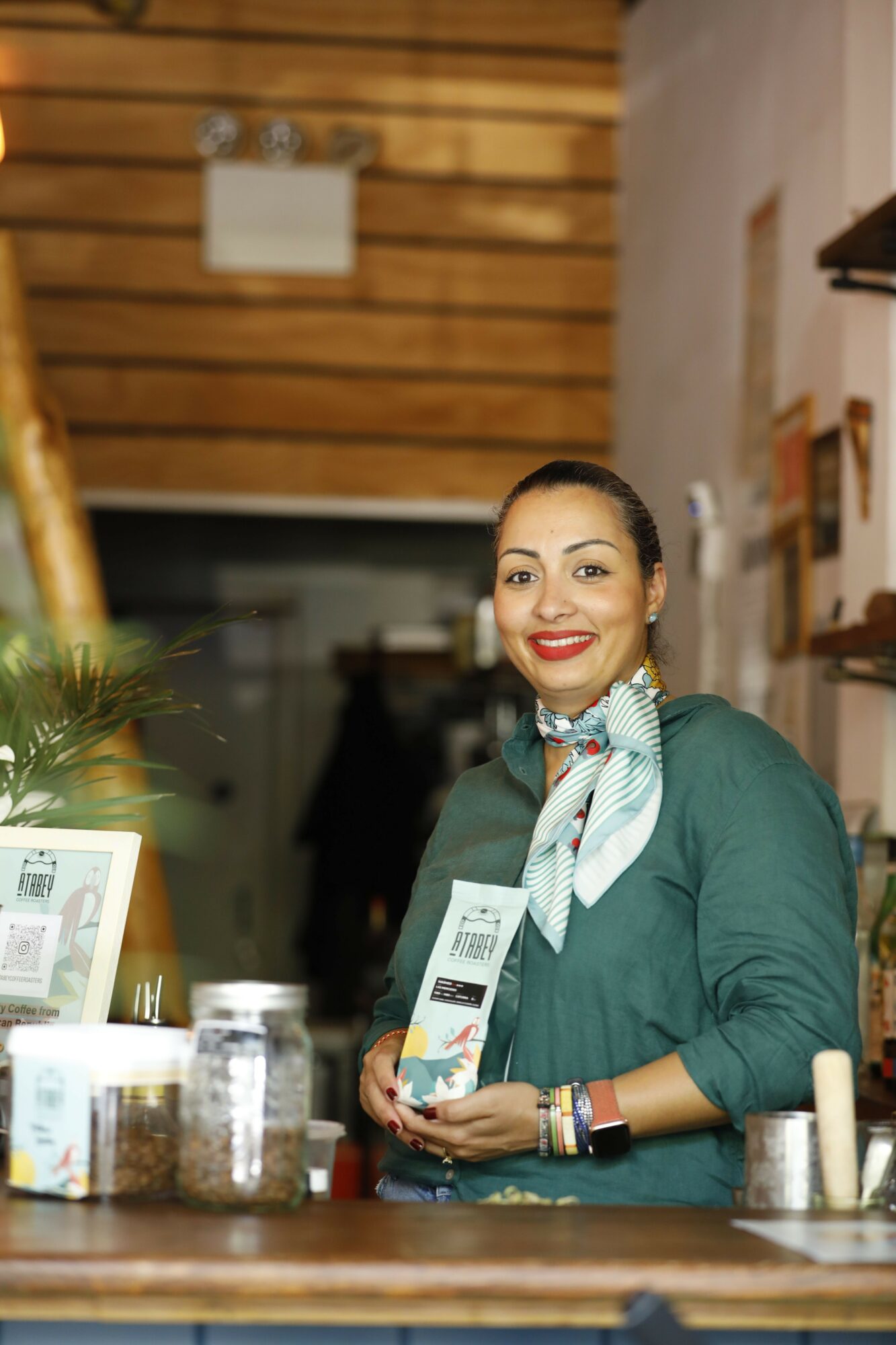

We recently had the chance to connect with Ana Nouel and have shared our conversation below.
Ana , it’s always a pleasure to learn from you and your journey. Let’s start with a bit of a warmup: What do you think is misunderstood about your business?
Many people think my coffee prices are too high. Specialty coffee often gets seen as expensive, but there’s a lot behind the price
Specialty coffee has always been more expensive than regular commercial coffee. This is because of the way it’s grown, processed, and brought to market. Specialty coffee farmers use careful, labor-intensive methods to produce high-quality beans. This includes hand-picking ripe cherries, sorting them to remove defects, and using specific drying and fermentation processes to develop unique flavors. All of this takes a lot time, a lot of skills, many hours in labor in harsh conditions and much care.
Fair payment is a big part of specialty coffee, too. Many farmers have been underpaid for many years, so specialty coffee focuses on paying them fairly for their work and quality product. That means higher prices upfront but better support for farming communities.
Importing specialty coffee also adds cost. It requires maintaining strict quality standards during shipping, storage, and roasting. These steps are essential to keep the coffee’s flavor and freshness intact.
On top of that, recent years have brought new challenges. Climate change has affected harvests with extreme weather, and supply chain issues like labor shortages, rising fuel costs, and tariffs are making it more expensive to move coffee from farm to cup. These factors push prices higher but don’t change the core reality — specialty coffee is a quality product that requires investment, care, and respect for everyone involved.
Can you briefly introduce yourself and share what makes you or your brand unique?
Hi, I’m Ana Nouel, founder of Atabey Coffee Roasters. For me, Atabey is much more than just a coffee brand — it’s a way to honor my roots, my culture, and bring the best Dominican specialty coffee to the U.S.
As a Latina and Dominican woman, I noticed there was hardly any representation of high-quality, single-origin Dominican coffee in the specialty market. I started Atabey to change that. I want every cup to share the richness of my culture while making sure the farmers behind the beans get paid fairly for their hard work.
I’m bootstrapping this business myself. I import green coffee directly from a small producer in the Dominican Republic and roast it fresh here in Los Angeles. The farmer I work with has been exporting to Japan for over 35 years — I was the first to bring his beans to this side of the world when I started. He trusted my dedication to sharing the richness of our land, and our relationship goes beyond business. We share a love for coffee, our country, and the importance of protecting the environment for the future.
Atabey started small, and while most sales happen online, I also do pop-ups and events to create experiences around Dominican coffee. It’s never just about selling our coffee beans — it’s about storytelling, coffee education, culture, and helping people feel connected to where their coffee comes from.
Amazing, so let’s take a moment to go back in time. Who taught you the most about work?
Most definitely, the women around me growing up taught me the most about work. My grandma, my tias, and my great-grandmother were all entrepreneurs in what was very much a man’s world in the areas they chose. Watching them navigate those challenges growing up, showed me that as a woman, I could do anything. They did it in a time that was much harder for women than it is now, and their strength, determination, and resilience left a lasting legacy that drives me every day.
Was there ever a time you almost gave up?
Yes, there have been moments when I felt like giving up. Starting and growing Atabey Coffee Roasters on my own has been a huge challenge. I came to Los Angeles without knowing anyone — no family, no friends — and everything has been built from the ground up by me. I’ve been my own PR, my own marketer, and my own everything, including packing every bag that has been sold and preparing every coffee to every event. Sometimes people ask me what agency handles my public relations, and I have to smile and say, “It’s just me.”
Running a bootstrapped business as an independent Latina entrepreneur comes with many obstacles. There were times when the weight of it all felt overwhelming, especially when coffee prices surged due to climate change, market changes, and supply chain issues. But every time I thought about quitting, someone—often a stranger—would reach out with encouragement, and those moments gave me strength to keep going.
Los Angeles has been tough in many ways, but it has also taught me so much about believing in myself and building a community from nothing. The support I’ve found along the way—sometimes from unexpected places—reminds me that Atabey is bigger than me. That belief keeps me moving forward, even when the road gets hard.
Next, maybe we can discuss some of your foundational philosophies and views? What are the biggest lies your industry tells itself?
The coffee industry likes to say it’s inclusive and community-driven, but the reality often feels very different. There’s a strong gatekeeping culture—what some call the “coffee bro” vibe—that makes it clear this is still a man’s world. Every time I walk into a room, it feels like they want to keep it that way, even if they say otherwise.
There’s also this unspoken re- colonization happening. People from outside our communities, often white, try to take over what’s ours—the land, the coffee, the traditions we’ve worked hard to protect and grow with care. They position themselves as experts while the people who’ve been cultivating this land for generations are left on the sidelines.
The industry talks about education and standards, like the Q Grader and many other programs to become capacitated professionals in the business, but those programs are often very expensive, hard to access, and mostly built for people who already have some kind of privilege—not for those from bootstrapping businesses, producing countries or marginalized communities. It creates a barrier that keeps many of us out. And don’t even get me started on those ‘know-it-alls’ grading the coffee back in producing countries, who are not even from or on the land seeing everything firsthand, and who don’t know those coffee beans as well as the one who produces them.
So while the coffee world sells itself as welcoming and diverse, the systems and attitudes behind the scenes tell a very different story. And calling out this “gatekeeping” culture is necessary if we want real change.
Okay, so let’s keep going with one more question that means a lot to us: Are you doing what you were born to do—or what you were told to do?
For a long time, I was doing what I was told to do. Following the expectations of family, society, and the “safe” paths laid out for me. It felt like the right thing at the time—secure jobs, stability, fitting into what others envisioned.
But as the years passed and I grew more into myself, I realized that wasn’t the life I wanted to live. I started listening more to my own heart and passion, and that’s when I began doing what I truly feel I was born to do.
Building Atabey Coffee Roasters has been more than just a business—it’s been a way to connect with my roots, my culture, and my purpose. It’s a journey of trusting myself, embracing uncertainty, and creating something meaningful on my own terms.
That shift wasn’t easy, but it’s been one of the most important changes in my life. Now, I wake up every day knowing I’m living my truth and doing the work I was meant to do.
Contact Info:
- Website: https://www.atabeycoffee.com
- Instagram: https://www.instagram.com/atabeycoffeeroasters
- Linkedin: https://www.linkedin.com/ananouel
- Facebook: https://www.facebook.com/Atabeycoffee/
- Youtube: https://www.youtube.com/@AtabeyCoffeeRoasters
- Other: https://www.tiktok.com/@atabeycoffeeroasters
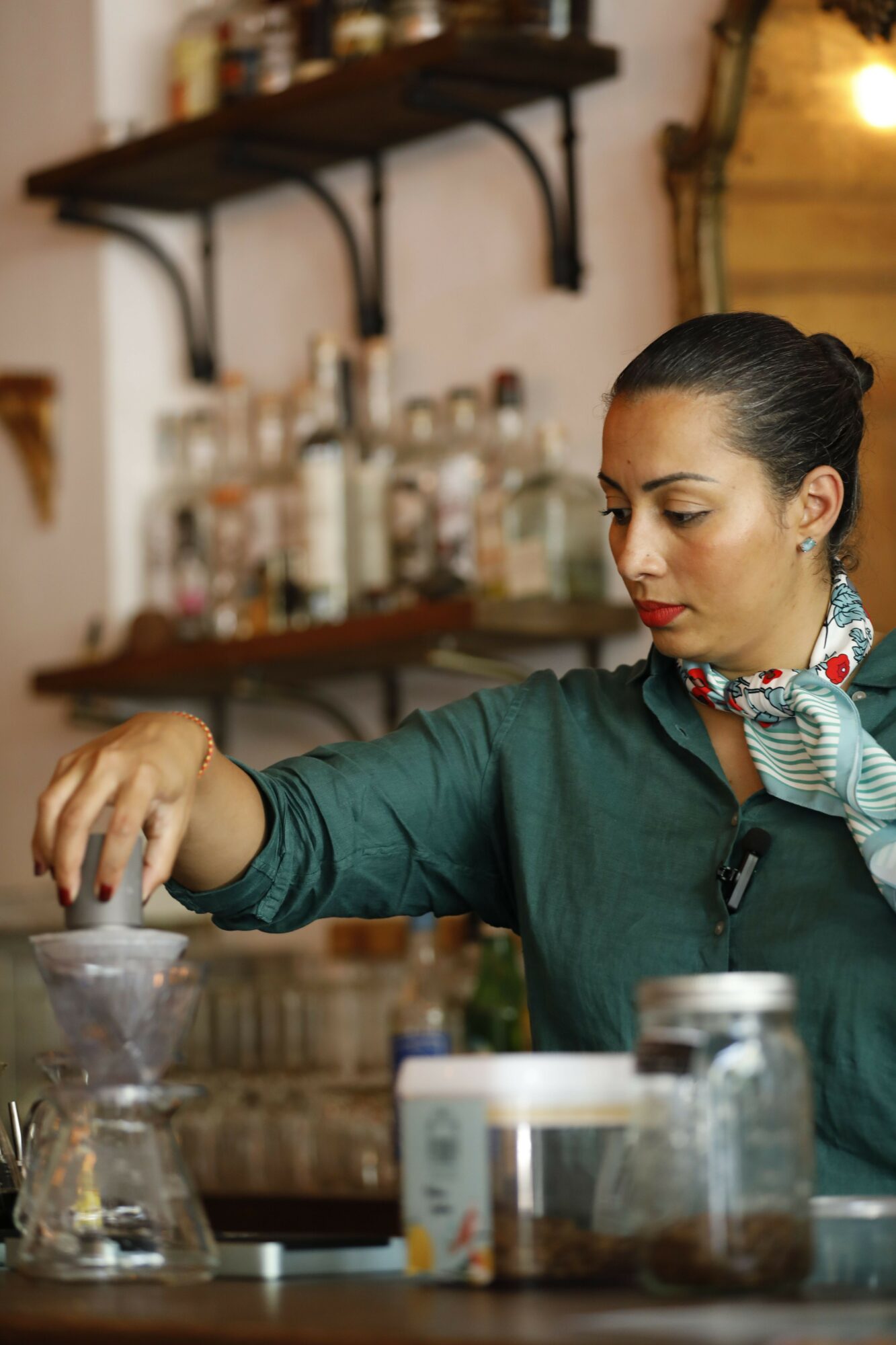
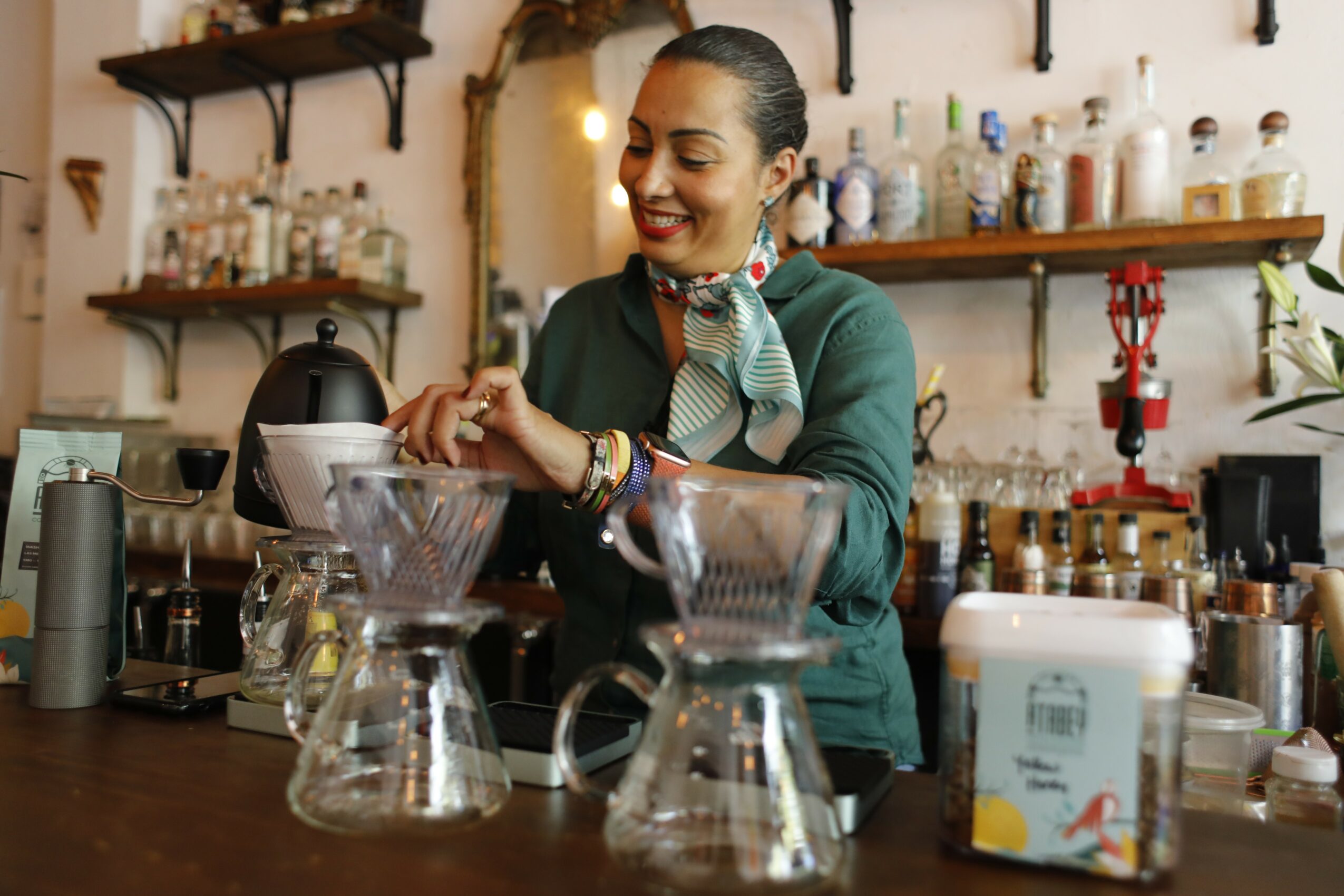
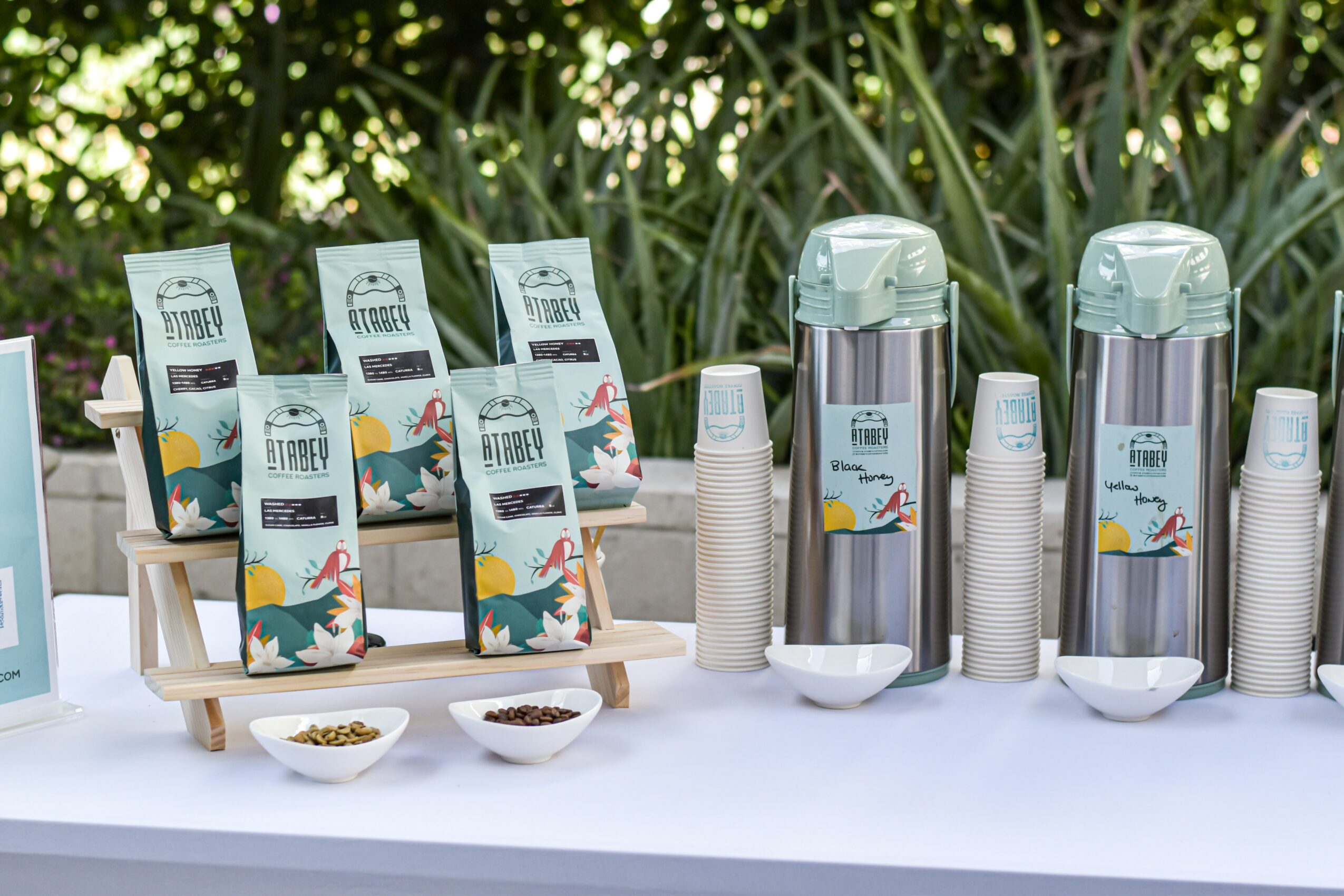
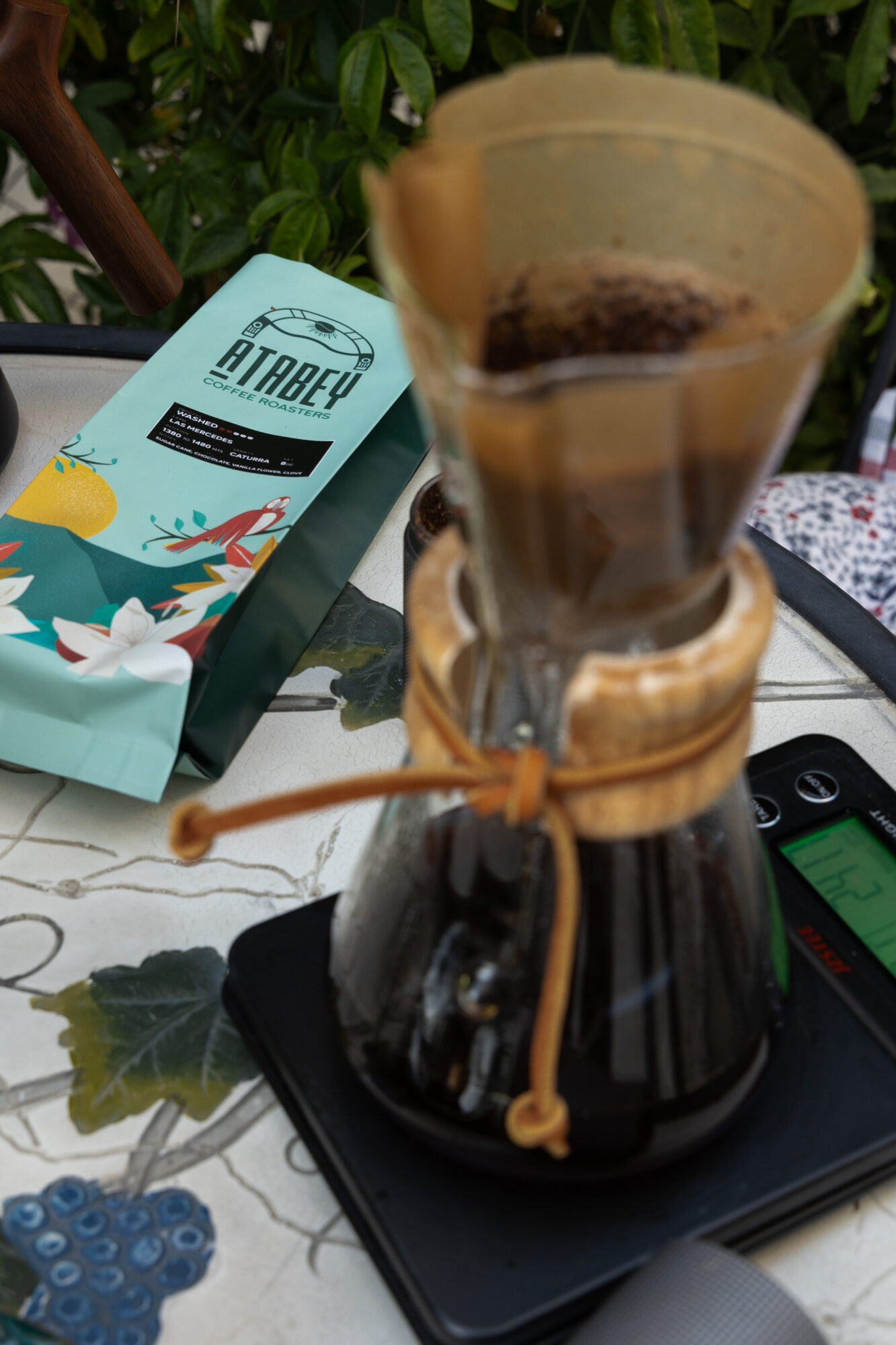
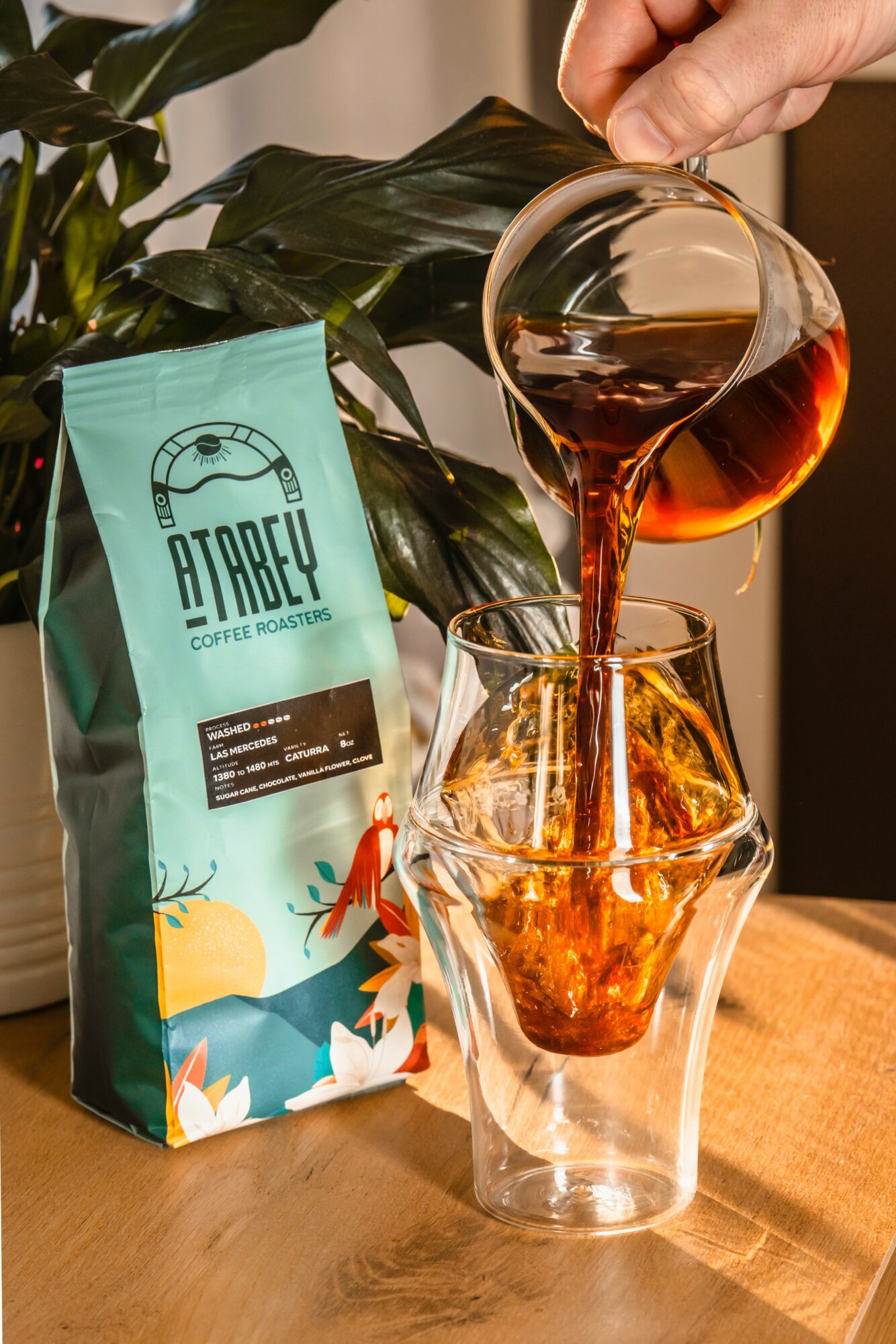
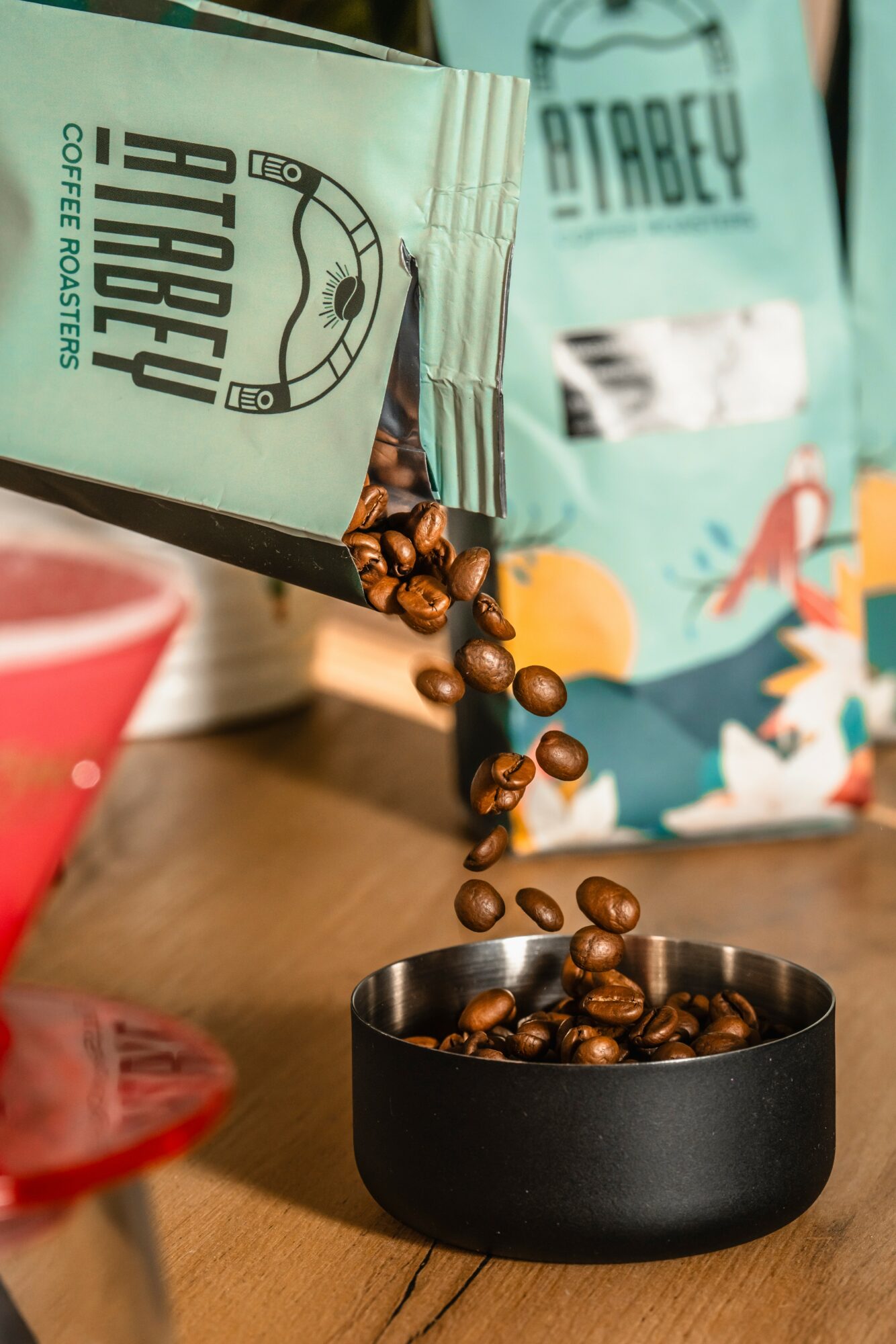
Image Credits
@AllthingsLuis @Thesensewefeel @grindthatcoffee














